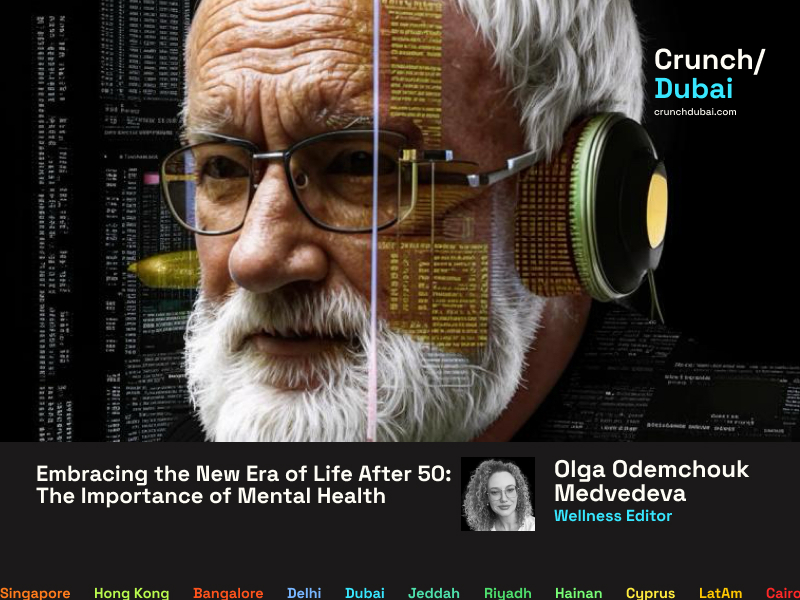Today the concept of aging is undergoing a profound transformation. Recent studies reveal that for individuals aged 40 to 55, the onset of old age is now expected to begin around 75 to 80 years old—an astonishing 25 years later than it did for previous generations. This shift not only extends the duration of life but also redefines what it means to grow older.
Redefining Life Stages
Traditionally, life was segmented into three clear stages: youth, maturity, and old age. However, the period we now refer to as “maturity” has evolved dramatically. Spanning nearly three decades—from ages 50 to approximately 75—this phase is characterized by vitality and potential rather than decline. Contrary to outdated beliefs, both physical and cognitive abilities can remain robust during these years or even improve with the right mindset and approach.
The Golden Years: A Time of Opportunity
Statistical data suggests that this new maturity phase may well be the most fulfilling period of life. Many individuals report that their happiest years occur around the age of 65. With a unique combination of health, strength, and life experience, those in this age group have unprecedented opportunities to explore new passions, careers, and relationships.
The Rising Tide of Depression Among Older Adults
While we celebrate this extended phase of life, it is crucial to address an often-overlooked aspect: mental health. Recent statistics reveal alarming trends in depression rates among individuals over 50. Research indicates that nearly one in five adults aged 50 and older report experiencing significant depressive symptoms, often linked to factors such as chronic illness, loss of loved ones, and social isolation. A study by Age UK found that 42% of people in their fifties reported feeling more anxious over the past year, while 46% reported not sleeping well—a common symptom of depression.Moreover, loneliness plays a significant role in mental health challenges. Approximately 20% of older adults who experience loneliness develop depression within a year. This highlights the critical need for social engagement and support systems to combat feelings of isolation and despair.
The Link Between Aging and Mental Health
As we age, the risks associated with untreated depression can become more pronounced. Depression not only affects emotional well-being but can also lead to significant physical health issues. Studies indicate that adults with depressive disorders have a heightened risk of developing conditions such as coronary artery disease. Furthermore, untreated depression is a leading contributor to suicide rates among older adults, particularly men, who often face mobility issues and cognitive decline that exacerbate feelings of sadness and distress.
Proactive Measures for Mental Wellness
Given these statistics, it is crucial for individuals entering this new phase of life to prioritize mental health proactively. Here are some strategies to consider:
- Regular Check-Ins: Schedule regular mental health check-ups with healthcare providers. Just as physical health needs monitoring, so does mental well-being.
- Stay Connected: Foster relationships with family and friends. Social connections can significantly reduce feelings of loneliness and isolation.
- Engage in Activities: Pursue hobbies or interests that bring joy and fulfillment. Engaging in meaningful activities can combat feelings of emptiness.
- Seek Professional Help: Don’t hesitate to reach out for professional support if feelings of sadness persist. Therapy and medication can be effective treatments for managing depression.
Conclusion: A Call for Awareness
As we redefine what it means to age gracefully, mental health must be at the forefront of our conversations about wellness. By acknowledging the rising rates of depression and taking proactive steps to address mental health needs, we can ensure that the additional years granted by modern medicine are filled with joy and purpose rather than despair. Embracing this new era requires us not only to celebrate life after 50 but also to safeguard our mental well-being as an integral part of this journey.In this exciting chapter of life, let us commit ourselves to nurturing both our physical and mental health so we can truly thrive in our golden years!
